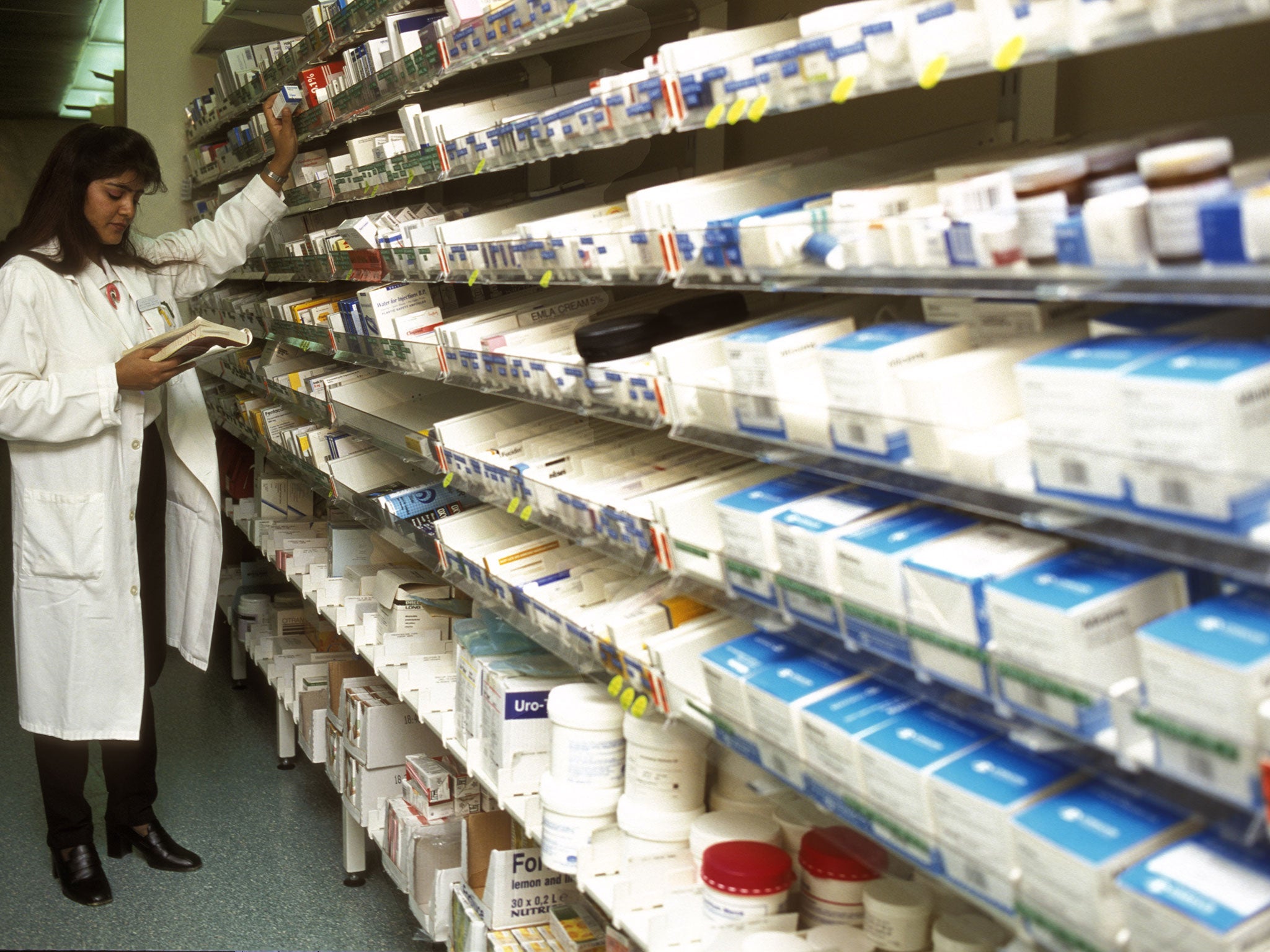Revealed: the VAT loophole driving NHS pharmacy services into hands of private sector
Historical loophole allows private pharmacies to reclaim the 20% VAT they pay suppliers for medicines – unlike those operated by the NHS.

Lucrative hospital pharmacy services are being sold off to private companies such as Boots and Lloyds because a tax loophole puts the NHS at a huge disadvantage when bidding to keep them publicly operated, it can be revealed.
Health trusts have been putting dozens of hospital pharmacy contracts out to tender in recent months, as part of an NHS-wide drive to reduce costs and improve efficiency.
Only this week, London’s Chelsea & Westminster Hospitals offered its pharmacy services up for tender for seven years, advertised at £3.5m.
Incumbent NHS pharmacies are meant to bid to run dispensary services alongside the private sector, with competition ensuring that best value is achieved for the taxpayer. But a historical loophole in tax law allows private pharmacies to reclaim the 20 per cent VAT they pay suppliers for medicines – unlike those operated by the NHS.
This creates an instant potential saving worth millions of pounds for private firms, allowing them to submit far more competitive bids than the NHS. It also gives a major incentive for health trust managers to privatise hospital pharmacies rather than retain the status quo.
Unite union general secretary Len McCluskey said the VAT loophole, combined with the 2012 Health and Social Care Act accelerating private outsourcing of NHS services, was creating a “toxic combination” that was pushing the health service into the hands of profit-making firms.
“Since the Act came in, 70 per cent of health services put out to tender have gone to the private sector,” he said.

Lloyds Pharmacy is the biggest beneficiary, having won at least 24 contracts in recent years, according to figures compiled by Unite. Boots, which has faced criticism for reducing its tax bill by moving its base to Switzerland, has won five, as has the Co-op. Sainsbury’s has won three.
A further 18 contracts worth tens of millions of pounds are going out for tender now, with critics of privatisation claiming the sales are being rushed through in case the loophole gets closed. Richard Murphy, policy adviser at the think-tank Tax Research UK, said: “For some reason the Government has decided private pharmacies can get VAT relief but have not extended it to the NHS. It is an absurd situation that has become a huge issue due to the new situation where the NHS is now an internal market. The anomaly has to be sorted because it distorts the market in breach of EU rules.”
A current tender worth an estimated £25m for pharmacy services at Morecambe Bay Hospital, Lancashire, specifically states that “a key business driver” for the sale was potential “VAT savings”.
The loophole is clearly well known in Whitehall circles. Unite has obtained a memo sent by the Department of Health to NHS trusts’ chief pharmacists across the UK highlighting how: “VAT is charged on pharmaceutical drugs, but HMRC allows chemist outlets to reclaim the tax for many medicines. However, it does not allow NHS pharmacies in hospitals to reclaim it. The tax authority regards dispensing drugs to be part of a hospital’s ‘non-business activities’, and so not VAT-recoverable.” The memo adds: “NHS Trusts are increasingly examining opportunities to contract out for the provision of outpatient dispensing services.”
HMRC said in a statement: “Although NHS pharmacies cannot recover VAT on drugs that they dispense on prescription, they are funded for that cost as part of their general funding for healthcare.” It said private pharmacies have been VAT exempt since the introduction of the tax in 1973.
Join our commenting forum
Join thought-provoking conversations, follow other Independent readers and see their replies
Comments